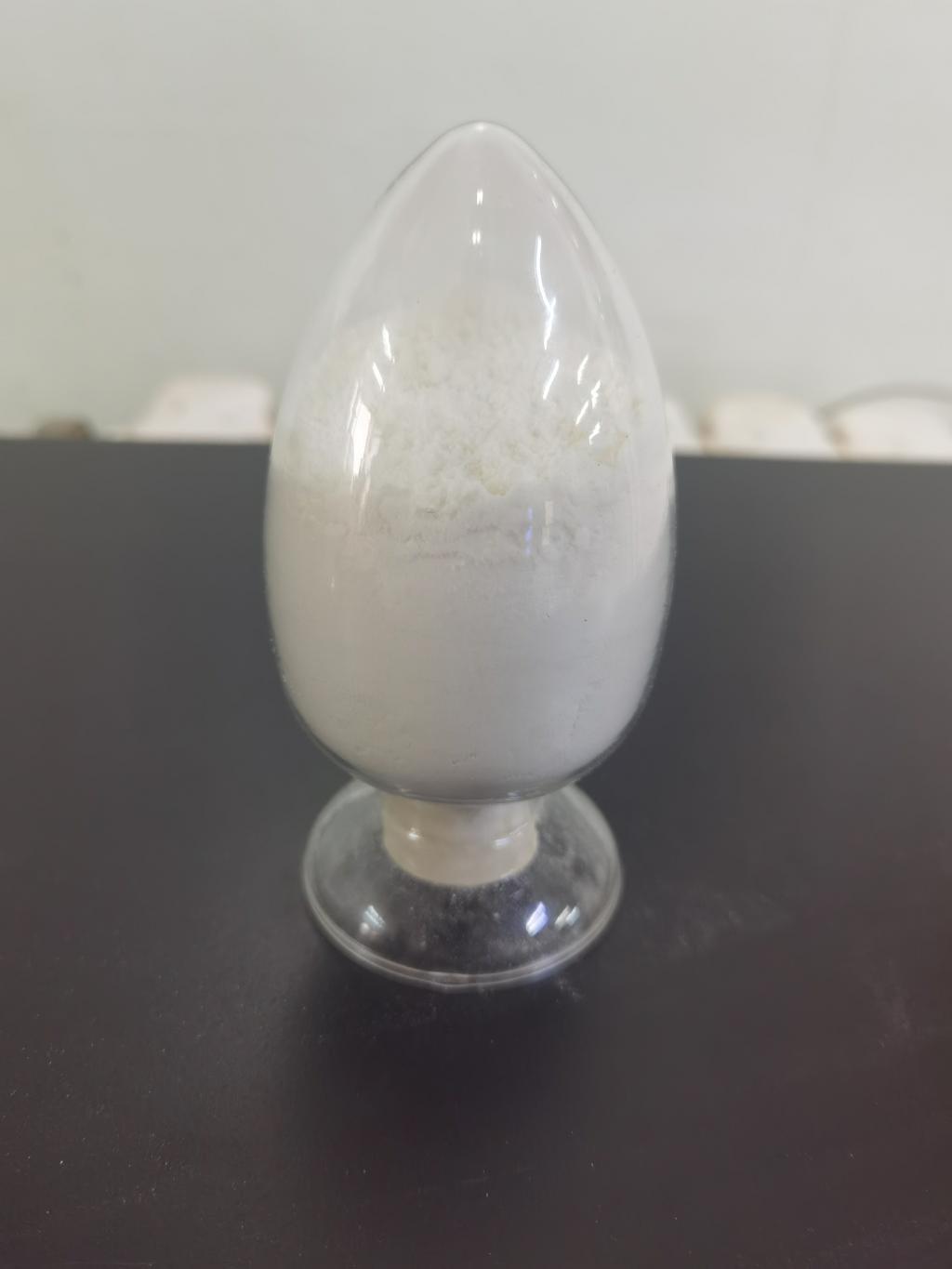Tel:+8618231198596

News
 CONTACT
CONTACT
 CONTACT
CONTACT
- Linkman:Linda Yao
- Tel: +8618231198596
- Email:linda.yao@dcpharma.cn
- Linkman:CHARLES.WANG
- Department:Overseas
- Tel: 0086 0311-85537378 0086 0311-85539701
News
ε-Polylysine hydrochloride's potential in enhancing food safety during food processing.
TIME:2023-08-28
The Role of Automation in Food Processing:
Automation has transformed the food industry by streamlining processes, increasing efficiency, and reducing human intervention. However, the automated nature of these processes can also create an environment conducive to microbial growth and contamination if not managed effectively.
Challenges in Food Safety During Automation:
Microbial Contamination: Automated processing and packaging equipment can harbor microbes, leading to cross-contamination between batches.
Extended Shelf Life: Automation often involves prolonged periods between processing and consumption, increasing the risk of spoilage and foodborne illness if proper preservation methods are not employed.
Complex Equipment: Automated machinery can be challenging to clean thoroughly, increasing the potential for residual microbial contamination.
ε-Polylysine Hydrochloride's Antimicrobial Properties:
ε-Polylysine hydrochloride, derived from natural bacterial fermentation, is a cationic antimicrobial peptide. It possesses strong antimicrobial properties, effectively inhibiting the growth of a wide range of microorganisms, including bacteria, yeast, and molds. This unique compound offers a natural solution to address the challenges posed by automation in food processing and packaging.
Applications and Benefits of ε-Polylysine Hydrochloride in Automation:
Surface Disinfection: ε-PL can be applied as a protective barrier on automated equipment surfaces, reducing microbial adhesion and growth, thus minimizing the risk of cross-contamination.
Extended Shelf Life: Incorporating ε-PL into food products can extend their shelf life by inhibiting microbial proliferation, reducing spoilage, and ensuring the safety of products during longer automation cycles.
Clean Label Preservation: As a natural compound, ε-PL aligns with consumer preferences for clean label ingredients, avoiding the need for synthetic additives.
Reduced Chemical Usage: ε-PL's application reduces the need for chemical preservatives, aligning with industry trends toward more natural and sustainable food production.
Challenges and Considerations:
Optimal Concentration: Determining the right concentration of ε-PL to achieve effective antimicrobial results while maintaining product quality is a critical consideration.
Compatibility with Equipment: Compatibility tests are necessary to ensure ε-PL's effectiveness without causing equipment corrosion or performance issues.
Regulatory Approval: Approval from regulatory bodies may be required for the use of ε-PL as an antimicrobial agent in automated processes, necessitating collaboration with food safety agencies.
Consumer Awareness: Educating consumers about ε-PL and its benefits is essential to foster acceptance and understanding of this natural antimicrobial solution.
Implementation and Future Prospects:
Integration into Standard Practices: Food processors must incorporate ε-PL into their automation protocols, including equipment maintenance and sanitation schedules.
Research Collaboration: Collaboration between food scientists, automation engineers, and regulatory bodies is crucial to develop best practices and guidelines for integrating ε-PL.
Advancing Automation Technologies: As automation technologies continue to evolve, there is potential to develop integrated systems that incorporate ε-PL application directly into the automated equipment.
Conclusion:
ε-Polylysine hydrochloride offers a novel approach to address food safety concerns associated with automated food processing and packaging. Its potent antimicrobial properties, ability to extend shelf life, and compatibility with clean label trends position ε-PL as a valuable tool in ensuring product quality and safety in automated environments. By integrating ε-PL into food processing automation practices and fostering collaborative research, the food industry can harness the benefits of this natural antimicrobial agent to create a safer and more sustainable future for automated food production and packaging.
- Tel:+8618231198596
- Whatsapp:18231198596
- Chat With Skype







